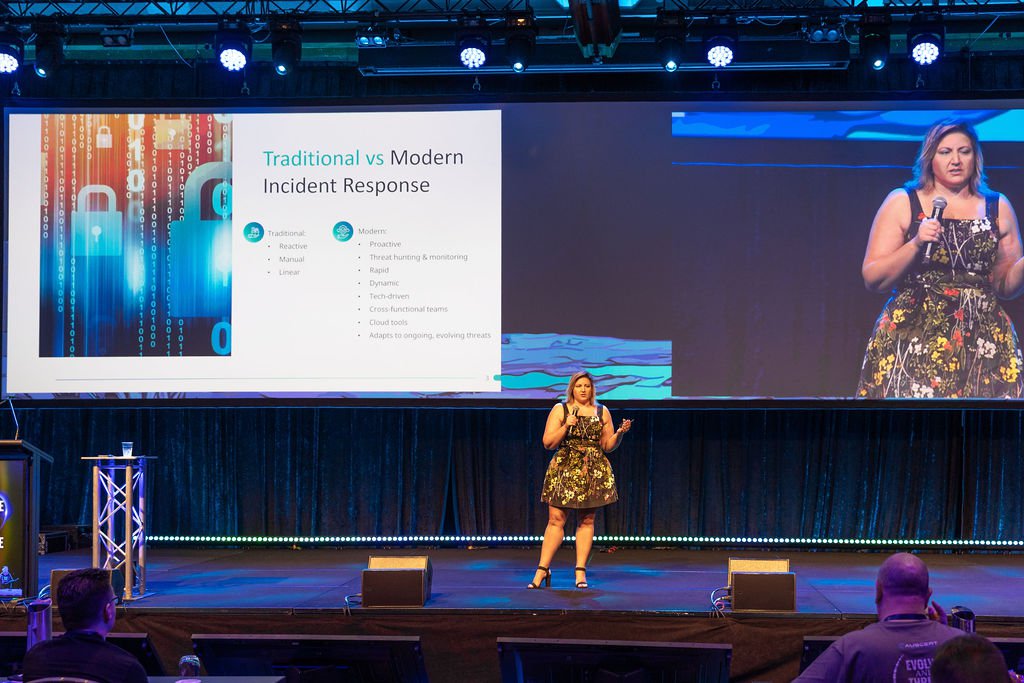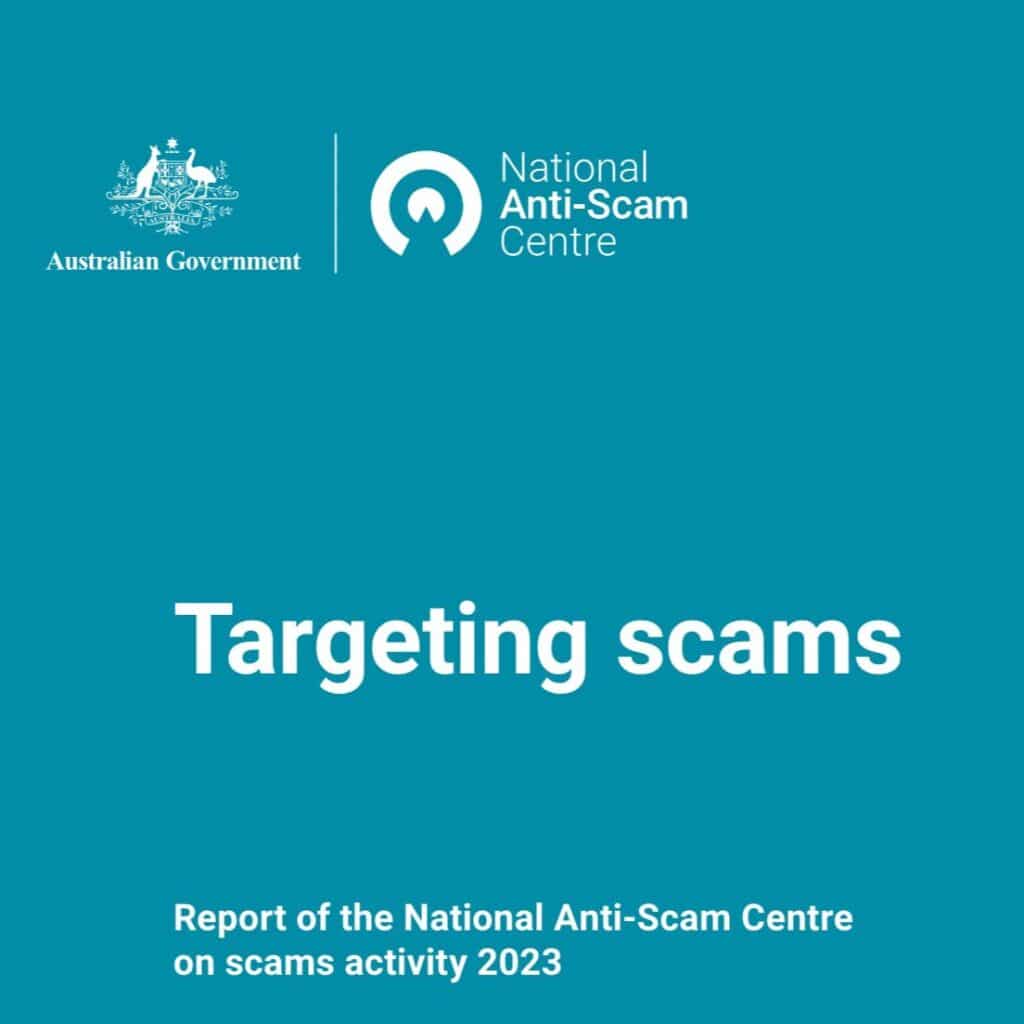In recognition of Global Accessibility Awareness Day, GitHub, the world’s leading AI-powered developer platform, revealed details on new internal initiatives to make the platform more inclusive for its 100M+ developers.
Led by GitHub’s first Head of Accessibility, Ed Summers, these updates underscore GitHub’s efforts to make the platform accessible for everyone and include:
- Accessibility Design Bootcamp to raise awareness of web accessibility best practices and how to advocate for accessibility with cross-functional partners.
- Accessibility Champions program to empower GitHub employees to advocate for accessibility within their teams.
- Engineering Fundamentals program to scale accessibility by defining, measuring, and sustaining engineering excellence across GitHub, with accessibility as a core pillar.
Ed Summers, Head of Accessibility, GitHub, said: “A popular mantra within the disability community is, ‘nothing about us without us’. That mantra embodies the strongly-held belief that people with disabilities must actively participate in the decisions that impact their lives. Given that technology is an integral part of how all of humanity lives, works, learns and plays, it is absolutely essential that those of us with disabilities have the opportunity to contribute to, and lead, the development of technology.”
The latest installment of the Coding Accessibility series, shows how blind developers Jamie Teh and Michael “Mick” Curran are living the mantra. They have built thriving communities that are organized by the blind, for the blind. The open source software maintained by these communities are used by hundreds of thousands of blind people globally.
GitHub is honored to provide a home for Jamie, Mick and their communities of blind developers, contributors and users. The best way to increase the accessibility of technology is to empower people with disabilities to build it.
“We are working to build a culture of accessibility within GitHub. We know that a strong culture of accessibility is the best way to scale accessibility across the organization. As of this moment, our accessibility culture is built on company-wide training for every Hubber, our Engineering Fundamentals program, our accessibility design bootcamp, our accessibility champions program and the Primer design system. However, we also know that accessibility is never done. GitHub is continually growing and evolving to meet the needs of developers. Our accessibility program must grow with it,” Summers added.
Required Company-wide Training
GitHub’s culture of accessibility starts with company-wide training that is required for every single GitHub employee (or Hubber). During the training, Hubbers learn about types of disabilities, assistive technologies that are used by people with disabilities, disability etiquette, and why accessibility is so important for the platform. That body of knowledge is the foundation for the company-wide accessibility program and every Hubber has an important role to play to build GitHub more inclusive.
Engineering Fundamentals
The GitHub Engineering Fundamentals program is another important part of GitHub’s accessibility culture. Indeed, the Engineering Fundamentals program serves as the foundation for accessibility governance at GitHub. The program was created with the goal to define, measure, and sustain engineering excellence across the GitHub platform. The program includes three pillars which are accessibility, availability and security, and uses scorecards to continuously monitor how services meet the expectations defined by each of the three pillars. For example, the accessibility pillar includes two scorecards that measure services against the expectations for accessibility at GitHub. If a service fails to meet those expectations, service owners can easily identify the action items that must be completed.
Learn more about the Fundamentals program at GitHub.
Accessibility Design Bootcamp
Great accessibility starts with great design. The most cost-effective way to prevent and remove accessibility barriers is during design. That’s why GitHub created ‘Accessibility Design Bootcamp’. The bootcamp is a live educational program that consists of exercises, discussions, and knowledge shares to raise awareness of web accessibility best practices, the role designers play in creating accessible products, and how to advocate for accessibility with cross-functional partners. Since its inception March 2023, four cohorts of Designers representing 50% of our Design team have completed the bootcamp.
Learn more about the Accessibility Design Bootcamp at GitHub.
Accessibility Champions Program
While GitHub’s Accessibility Design Bootcamp has helped shift accessibility left within the development process, the company’s Accessibility Champions program has empowered Hubbers to lead accessibility within their teams. The program started with a cohort of 17 engineering champions. Those participants gained practical experience creating inclusive digital experiences through hands-on exercises and interactive discussions. Their feedback drove improvements which included more interactive experiences and community engagement such as monthly Champions Connect meetings, which provide a platform for champions to come together, exchange ideas, and foster a sense of camaraderie. GitHub also organized bug bashes and collaborative events where champions worked together to identify and address accessibility issues in real-time. Today, there are 52 accessibility champions at GitHub and they plan to expand the program to include at least 100 champions by the end of the year.
Learn more about the Accessibility Champions program at GitHub.
Primer
The open source Primer design system is a set of guidelines, principles, and patterns for designing and building UI at GitHub. It provides a shared language and standardized approach to delivering cohesive experiences across the GitHub platform. The building blocks of those experiences are Primer components. The Primer team includes accessibility and feedback from users with disabilities throughout their development process. As a result, GitHub’s Primer is the most powerful lever for implementing accessibility at scale.
Learn how we build accessible Primer components and how we improved Primer’s color system to be more inclusive.




